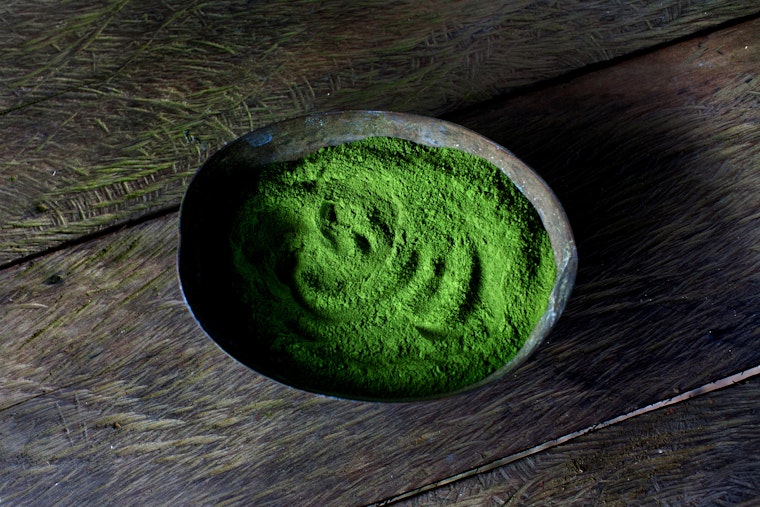A Small Case in Spain Is a Big Victory for Smarter Drug Policy
By Constanza Sánchez Avilés & Andrea Langlois

The legal approach to coca has been one of the most challenging topics in the current international drug control system, due to the plant’s connection to both commercial cocaine and ancient Andean traditions. Yet it’s rare for a case related to the coca leaf to come before a European court, in a region where those traditions are rarely discussed.
That’s why a recent legal victory in Spain [link in Spanish] was so surprising—and welcome. The case, which took place in Girona, a small Catalonian city, involved the importation of coca leaf powder (also known as mambe). The defendant, a Colombian citizen who has been living in Spain for 10 years, was charged with attempted drug trafficking after he was arrested in 2014 for mailing to himself a package containing two kilograms of ground coca leaf.
Colombians living in Spain are often stigmatized and associated with the drug trade, so the defendant was possibly a victim of profiling. In addition, criminal justice systems in many parts of the world tend to rely on the idea of “chemical reductionism,” often excluding cultural or contextual factors when dealing with plants that contain psychoactive compounds.
The defense team, led by Roberto Castro and supported by the International Center for Ethnobotanical Education, Research & Service (ICEERS) and the Transnational Institute, relied heavily on expert testimony about ancestral cultural practices involving coca.
In the Andean and Amazonian regions of South America, the leaf is widely—and, for the most part, legally—used for a variety of ceremonial, medicinal, and nutritional purposes. But the defense also placed emphasis on the fact that there is currently a revival of coca use outside of the limits of what would be considered, in purist terms, traditional or indigenous.
“Currently, coca leaf use in its unprocessed form is no longer restricted to indigenous territories and populations. These practices are expanding because of coca’s stimulating, nutritional, and medicinal properties,” Pien Metaal, of the Transnational Institute’s Drugs and Democracy program, explained after the trial.
Prosecutors had sought a punishment of four years in prison, arguing that the defendant intended to obtain 6.3 grams of “cocaine.” This despite the Spanish Supreme Court’s establishment of the threshold for possession of cocaine for personal consumption at 7.5 grams.
The defense countered further that importing two kilograms of ground leaf with the purpose of extracting cocaine for later distribution was absurd—an opinion corroborated by the National Institute of Toxicology during the trial. If that were the actual intent, the black market would be a much more efficient source. Extracting cocaine requires access to a highly sophisticated chemical process—not something within reach of the defendant or, indeed, most people.
“The consumption of coca leaf is not comparable to the consumption of cocaine,” said Dr. José Carlos Bouso, scientific director of ICEERS. “There is no scientific evidence that chewing coca leaves is harmful to one’s health. Rather, there is increasing evidence to the contrary. For example, research has shown that it is a stabilizer of blood glucose levels, a benefit … with numerous medical applications.”
As the lengthy process unfolded, it became clear that the facts were on the defense’s side—and that the state’s punitive approach to the traditional plant was based on ignorance. The trial concluded last month with the prosecutor dropping all charges and a full acquittal. Upon the announcement of the case’s conclusion, a cheer broke out in the courtroom, which was packed with supporters.
The verdict not only demonstrated the innocence of a single man but also the historically misguided prohibition of the coca leaf more broadly. But effective drug policy reform can’t be accomplished in the context of just one country, or even region; what this legal victory represents is a promising first step in legitimizing ancestral uses of the coca leaf all over the world.
The International Center for Ethnobotanical Education, Research & Service and the Transnational Institute are grantees of the Open Society Foundations.
Constanza Sánchez Avilés is the law, policy, and human rights director at the International Centre for Ethnobotanical Education, Research & Service.
Andrea Langlois is the communications and development officer at the International Centre for Ethnobotanical Education, Research & Service and the Ayahuasca Defense Fund.


